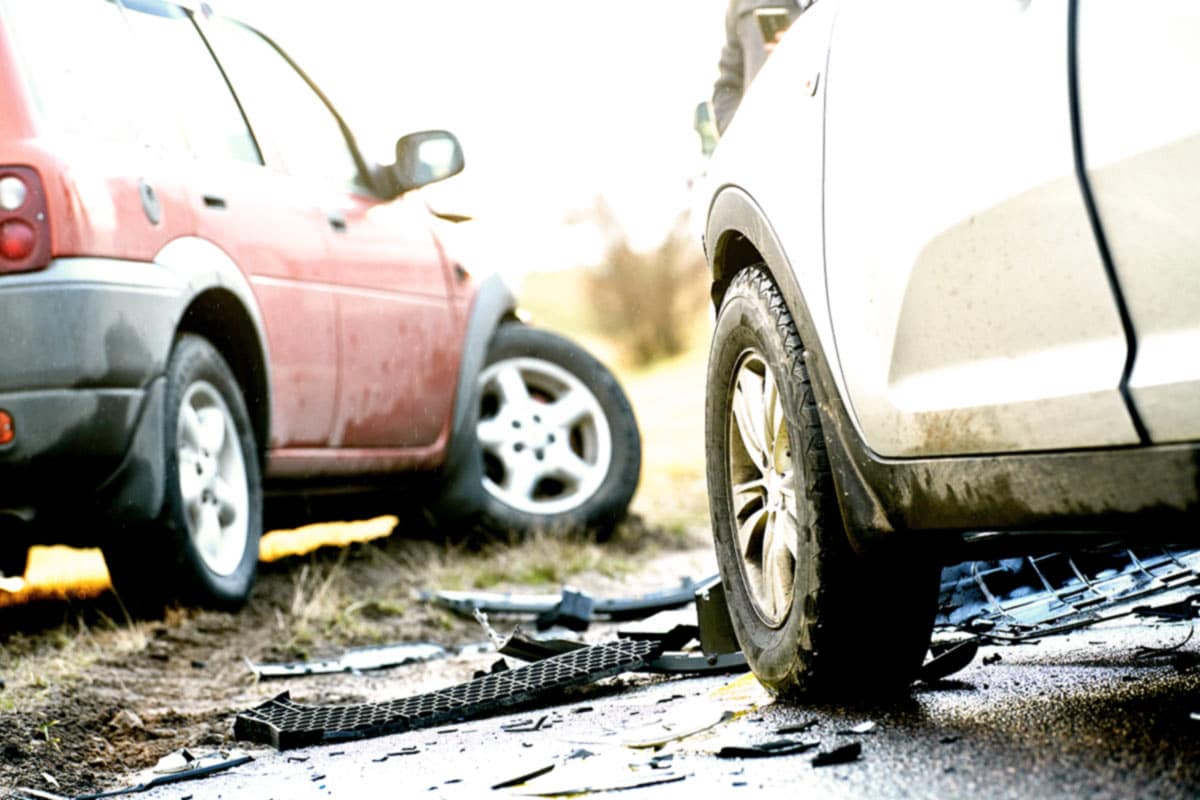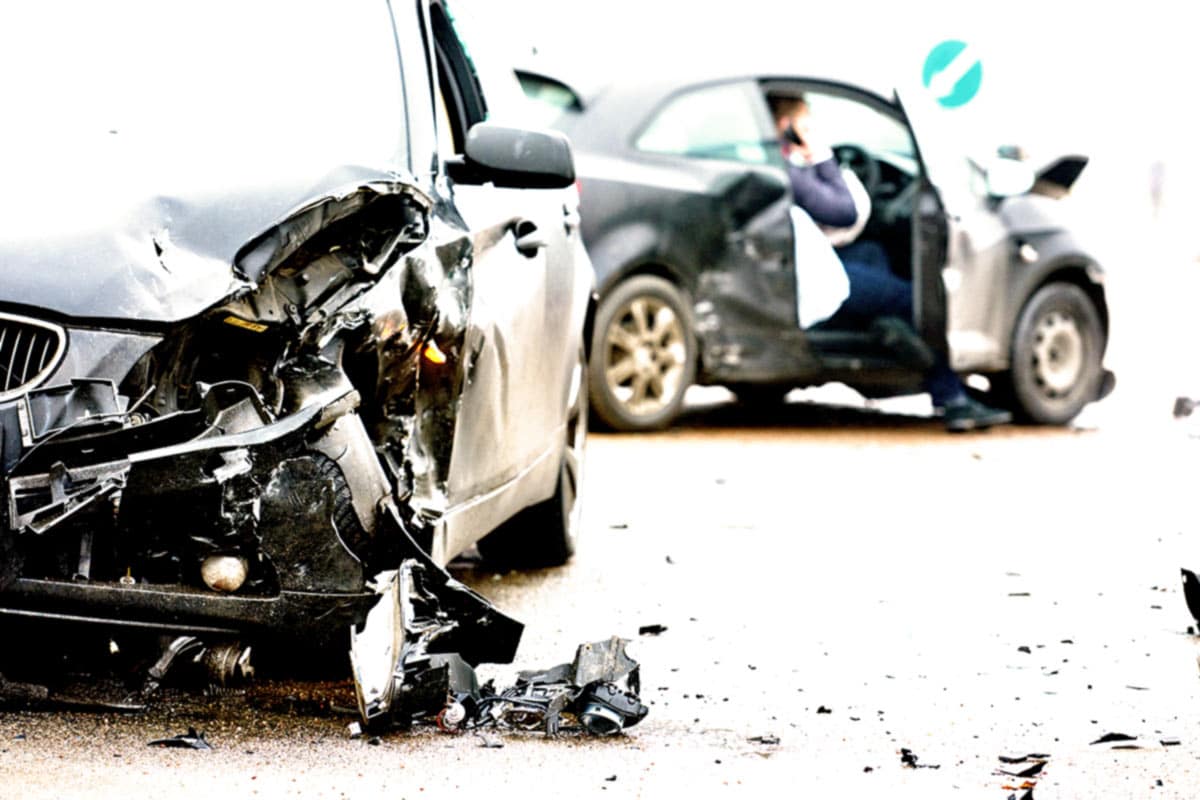In any part of the world, a car accident happens approximately every 60 seconds. This equals out to about 5.25 million motor vehicle accidents each year. Fortunately, not all of these accidents are fatal. However, even minor accidents can create long-term issues from injuries, phobias, or anxiety.
Aside from physical injuries as a result of an MVA, a recent study found that at least one-third of people involved in accidents develop PTSD, persistent anxiety and stress related to driving, and depression and phobias due to the collision they have experienced. This article will discuss what should be done and what you need to know while recovering from injuries you’ve sustained from a motor vehicle accident.
Seek medical attention
Even if your MVA doesn’t seem serious, it’s crucial that you are checked out by a medical professional. The same goes for any passengers who were in the vehicle at the time of the accident. Keep in mind that adrenaline can oftentimes camouflage any injuries due to your “fight or flight” response kicking in. This means the traumatic experience of an auto accident can mask pain, you may not feel any pain immediately, but later on, you could begin to.
It’s essential to make the decision to seek medical attention even if you are unsure about how you feel, as it is likely that you are unable to treat or diagnose yourself.
See a professional within 10 days (or sooner)
If you have been in a car accident, you must see a professional and immediately assess your injuries. Even if you are at fault, it’s still important to be checked out by a doctor. So go as soon as you can, but definitely within 10 days of the accident. After 10 days, your injuries will be more challenging to diagnose and attribute appropriately.
Waiting to see a doctor can negatively affect your personal injury case. Insurance companies may not accept any medical claims either if you don’t make a move to seek medical care immediately after your accident.
See a physiotherapist, physician, or chiropractor for your assessment
You will have to see a healthcare practitioner, such as a family doctor, chiropractor, or physiotherapist, to assess any accident injuries. We suggest choosing a physiotherapist, as they are in the best position to determine whether or not you have sustained any serious injuries in your MVA.
Your practitioner will determine your needs
Depending on the severity of the injury and your specific needs, you may have to start physiotherapy or other types of treatment immediately after your accident if your healthcare practitioner or physiotherapist determines that you are indeed injured.
This is key to helping your body heal before your discomfort and stiffness begin to worsen. They can also examine and diagnose your condition and advice you on correct body posture to help manage pain. Delaying this treatment can make it more difficult to be properly rehabilitated from your injuries.
Oftentimes massage therapy is needed after an MVA. Massage can help with a variety of injuries, such as concussions, whiplash, neck or spinal cord, knee, stress, anxiety, PTSD, emotional trauma, and more. Your practitioner can refer you to massage therapists if necessary, and if it is required as part of your treatment, this can be directly billed to the insurer.
Notify vehicle insurer if injuries are sustained
If it has been determined that you have endured an injury due to the accident you’ve been in, you will need to notify the vehicle insurer. Your practitioner will help with this because you will receive all the information from your visit with them stating what injuries they believe you have, how severe they are, and what kind of treatment you will require in order to heal. Your healthcare practitioner can help you contact your insurer after they’ve completed their assessment.
Final Thoughts
After getting into an MVA, your priority should be seeking medical attention even if you aren’t entirely sure if you have been injured. It’s much better to have your practitioner assess things and determine if you have sustained any trauma whatsoever, minor or serious.
The last thing you want is to get into an accident and then notice aches and pains days or weeks after the collision has already happened and you’ve waited too long to see a medical professional.

